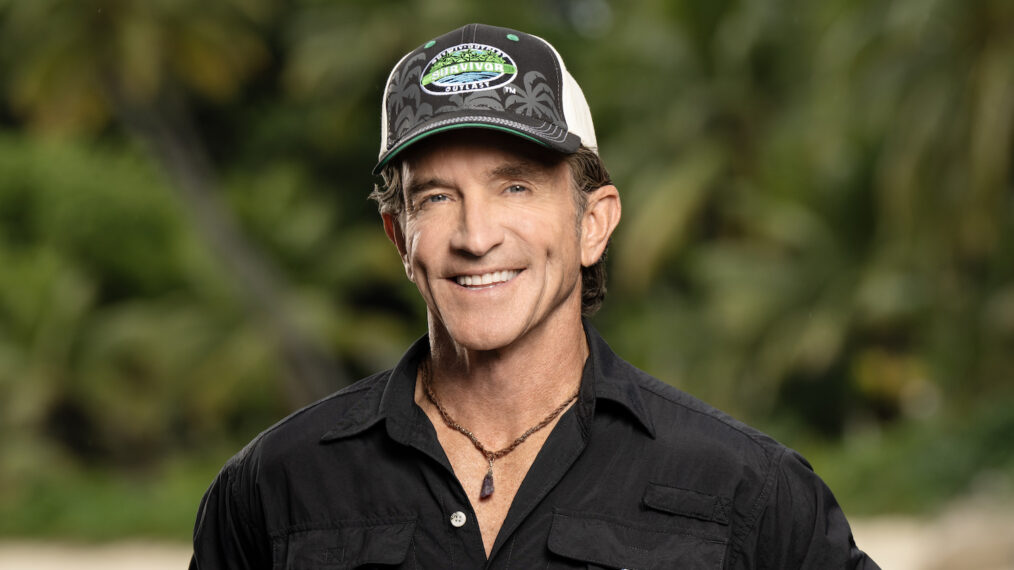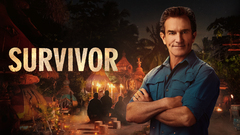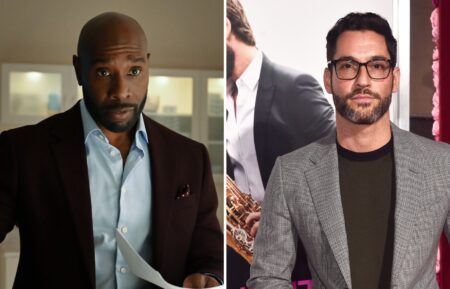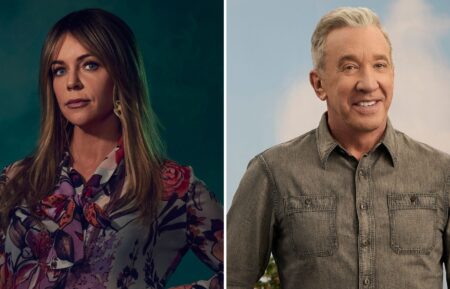Jeff Probst Explains Why Past ‘Survivor’ Contestants Wouldn’t Be Allowed on Show Now

Jeff Probst says there are past players on Survivor who would never make it onto the show now. The host said in the April 11 episode of the On Fire podcast, the show’s official aftershow podcast, that this is the result of a changed culture, which he says is for the better.
Probst was joined in the episode by co-host Jay Wolff and Survivor 45 winner Dee Valladares. The trio broke down Survivor Season 46 Episode 7, which aired on Wednesday, April 10 on CBS and featured a scene during which a contestant, Ben, had a panic attack in the middle of the night. Fellow contestant Kenzie supported him through it in a show of compassion and care.
Probst said on On Fire that Ben had a psychological team on standby should he need assistance. The medical and mental health services provided to the players are factors Probst loves, noting that these services are unique to the reality TV industry.
“I’m very proud of our aftercare program for both medical and mental health issues,” he says in the Thursday, April 11 episode. “I don’t know of any show in our genre who does what we do. We follow through, and that support continues for as long as a player needs it. And watching it within the episode, I’m obviously moved and very satisfied that Ben’s community — in this case, Kenzie specifically — took care of their own. It’s a very big shift in the game from say 15 years ago where this might not have happened.”
Probst admits some players lacked this kind of compassion in previous seasons and wouldn’t make the cut on the show now, as their casting process has evolved along with American culture. He doesn’t name any past players specifically.
“A lot of players — and this is not any disrespect, but there are players from 15 years we would not even interview today,” Probst reveals. “They were perfect for that time, but today we want more emotional depth, that you understand and have compassion for people. That’s what we just saw [with Ben], and then our storytelling is aligned with that. Our emphasis has shifted from just a pure game approach of ‘who will be voted out tonight?’ to a much more complex and emotionally layered adventure and life experience.”
The longtime host and Survivor showrunner says he couldn’t have imagined this shift when the series began in 2001.
“This gets overlooked, but Survivor has always been a reflection of our culture,” he explains. “If you go back and look on our past 23 years, you will see us reflected in every season, and you will see the shift and growth of our culture with every season. Things that happened back in those early seasons, they would never happen today. And things that are happening today, we couldn’t have imagined happening 15 years ago.”
“I know I’m on a soap box, but it’s for that reason that that moment with Kenzie and Ben doesn’t surprise me at all,” Probst continues. “So much so, that if you had had a crystal ball and say, ‘Hey, in Season 46 one player’s going to have a panic attack at night. What do you think will happen?’ I would’ve said, ‘That player will be comforted with genuine concern, and it will not change anything about the game or who is intended to go home next.’ Mental health is a giant problem in our country.”
Valladares noted that Ben’s panic attack could affect his and Kenzie’s games, but positively. Having won the show herself, she knows that helping a friend in their time of need on the island can make a huge impact down the line. Probst agrees, noting the real possibility that if Kenzie was on the chopping block and Ben was the deciding vote, her support during his panic attack could very well make him inclined to save her.
Elsewhere in the episode, Probst admits that he used to be much more cutthroat as a host and felt that having less sympathy for players’ emotions made for better TV. Becoming a father, he says, changed that perspective entirely.
Survivor, Wednesdays, 8/7c, CBS










